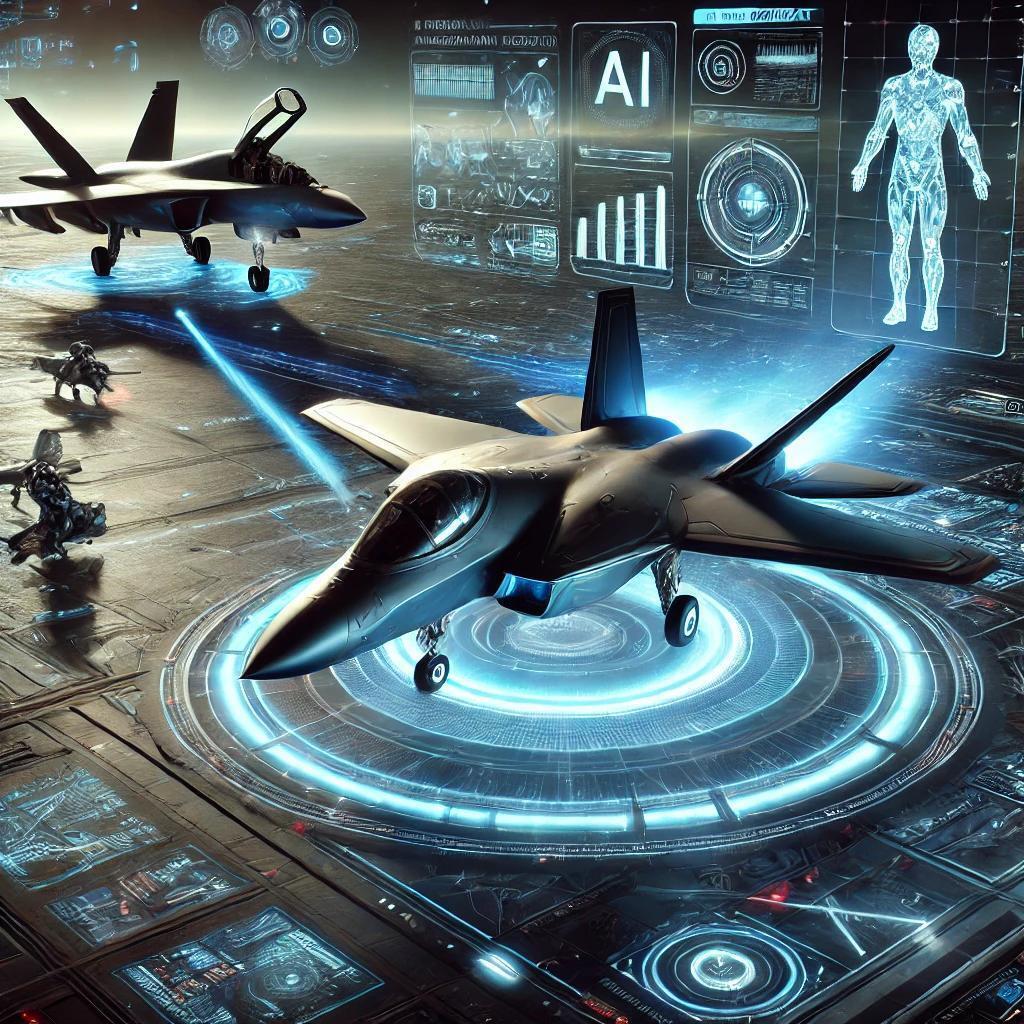
Title: China’s AI outperforms human pilots in air combat simulations
The world of military technology has witnessed a significant breakthrough, as China has successfully developed an AI system that outperforms human pilots in air combat simulations. This groundbreaking achievement is a testament to the rapid progress being made in the field of artificial intelligence (AI) and its potential applications in autonomous warfare.
According to reports, the AI system, developed by the Chinese military, uses advanced infrared detection and predictive modeling to anticipate flight maneuvers within milliseconds. This level of precision and speed allows the AI to outmaneuver human pilots, making it a formidable opponent in air combat simulations.
The implications of this breakthrough are far-reaching, raising concerns about the future of aerial combat and the dominance of military AI. With the ability to outperform human pilots, the AI system could potentially be used in real-world combat scenarios, giving China a significant advantage on the battlefield.
The development of this AI system is a result of years of research and investment by the Chinese military in AI technology. The country has been aggressively pursuing AI development, with a focus on applying the technology to military applications.
The AI system is designed to mimic the actions of human pilots, using machine learning algorithms to analyze and respond to complex flight scenarios. The system is capable of processing vast amounts of data in real-time, allowing it to make quick and accurate decisions in the heat of battle.
One of the key advantages of the AI system is its ability to anticipate flight maneuvers. Using advanced infrared detection and predictive modeling, the AI can detect the intentions of opposing aircraft and respond accordingly. This allows the AI to stay one step ahead of human pilots, making it a formidable opponent in air combat simulations.
The development of this AI system has significant implications for the future of aerial combat. With the ability to outperform human pilots, the AI system could potentially be used in real-world combat scenarios, giving China a significant advantage on the battlefield.
The rise of military AI has significant implications for the future of warfare. As AI technology continues to advance, it is likely that we will see more extensive use of autonomous systems in combat scenarios. This raises concerns about the potential for autonomous systems to be used in a way that is not aligned with human values and ethics.
In addition to the implications for aerial combat, the development of this AI system also raises concerns about the potential for military AI to be used in other areas, such as cyber warfare and electronic warfare. As AI technology continues to advance, it is likely that we will see more extensive use of AI in these areas, further blurring the lines between human and machine.
In conclusion, the development of China’s AI system that outperforms human pilots in air combat simulations is a significant breakthrough in the field of artificial intelligence and military technology. As AI technology continues to advance, it is likely that we will see more extensive use of autonomous systems in combat scenarios, raising concerns about the potential for military AI to be used in a way that is not aligned with human values and ethics.






